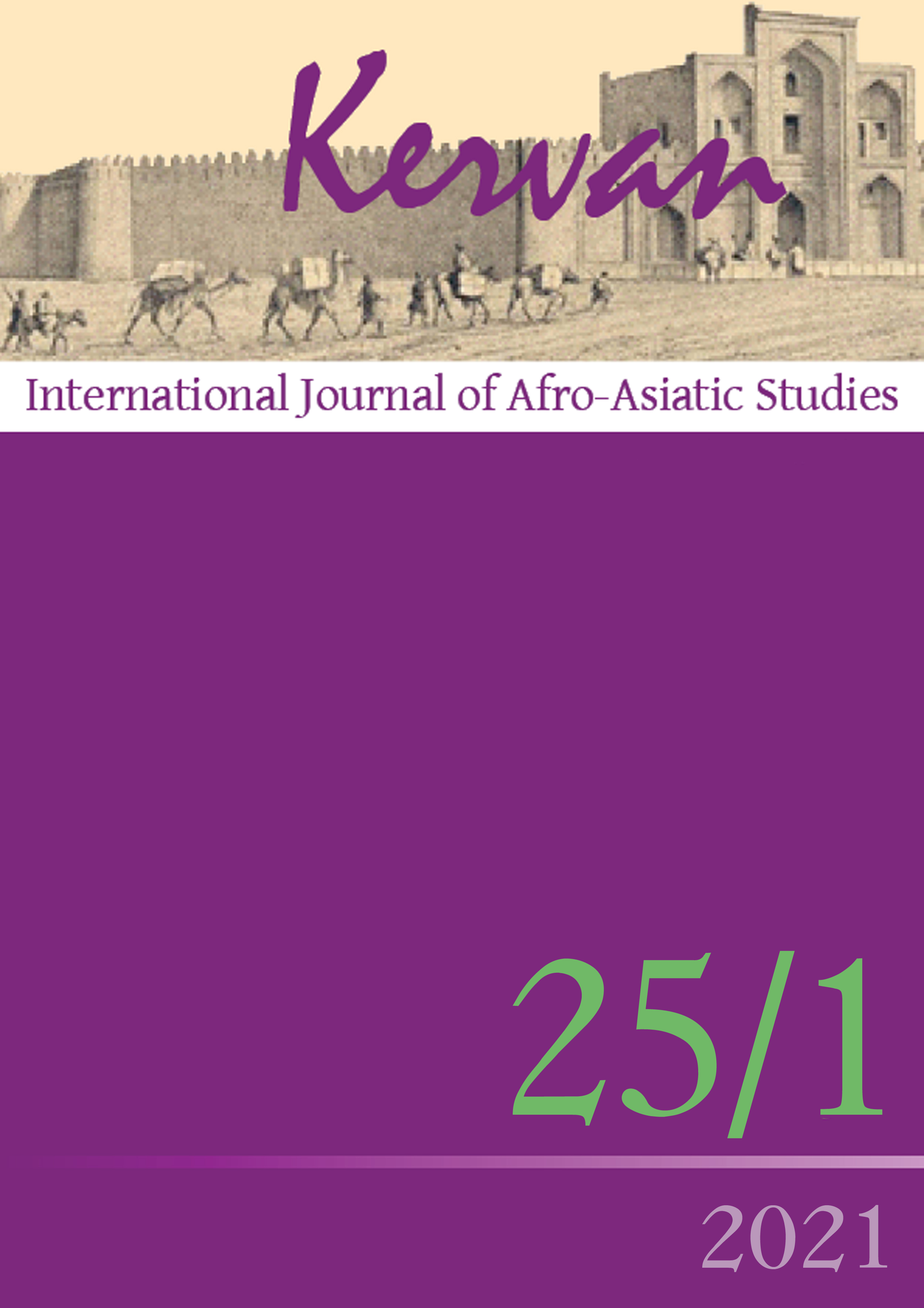Local language vs. national language: The Lampung language maintenance in the Indonesian context
DOI:
https://doi.org/10.13135/1825-263X/5787Abstract
The native speakers of the Lampung language are now very much in the minority on their land. The Lampung language that is almost no longer used as a means of communication in the family domain has led to language loss among children and young people in Lampung. Although several studies on the Lampung language maintenance have appeared in the literature, the focus was only restricted to language maintenance in general. As a result, no comprehensive insights and implications appear to exist. Thus, the aim of this paper is to elucidate the issues through a study which focuses on Lampung language maintenance among young people, which was conducted with a quantitative approach. The findings of this study indicate that the Lampung language, like other local languages in Indonesia, has issues that need to be seriously addressed so that it can be still maintained a means of communication. Young families of the native people of Lampung almost no longer use the Lampung language as a means of communication with other family members and relatives. Therefore, to avoid any potential conflict of interest between the Lampung language and the national language, Indonesian, the findings imply that the preservation and maintenance of the Lampung language should be done through a culture-based approach, which emphasizes a sense of pride and love for the Lampung language as cultural wealth and a product of the civilization of native people of Lampung. The limitations of the study and suggestions for future research are also discussed.
Downloads
Downloads
Published
Issue
Section
License
Gli autori che pubblicano su Kervan accettano le seguenti condizioni:
- Gli autori mantengono i diritti sulla loro opera e cedono alla rivista il diritto di prima pubblicazione dell'opera, contemporaneamente licenziata sotto una Licenza Creative Commons - Attribuzione che permette ad altri di condividere l'opera indicando la paternità intellettuale e la prima pubblicazione su questa rivista.
- Gli autori possono aderire ad altri accordi di licenza non esclusiva per la distribuzione della versione dell'opera pubblicata (es. depositarla in un archivio istituzionale o pubblicarla in una monografia), a patto di indicare che la prima pubblicazione è avvenuta su questa rivista.


 The articles that have appeared on Kervan since 2016 are rated as Class A in the system of National Scientific Qualification (ASN, disciplines 10/N1 and 10/N3).
The articles that have appeared on Kervan since 2016 are rated as Class A in the system of National Scientific Qualification (ASN, disciplines 10/N1 and 10/N3). The journal has been approved for inclusion in DOAJ. The DOAJ listing of the journal is available at
The journal has been approved for inclusion in DOAJ. The DOAJ listing of the journal is available at  The journal has been approved for inclusion in ERIH PLUS. The ERIH PLUS listing of the journal is available at
The journal has been approved for inclusion in ERIH PLUS. The ERIH PLUS listing of the journal is available at  Kervan was just accepted for indexing in SCOPUS. This important milestone ensures that articles published in Kervan are easily found when searching for library, archives and Information science and it enables Kervan authors to keep track of how often their article has been cited by others.
Kervan was just accepted for indexing in SCOPUS. This important milestone ensures that articles published in Kervan are easily found when searching for library, archives and Information science and it enables Kervan authors to keep track of how often their article has been cited by others.

